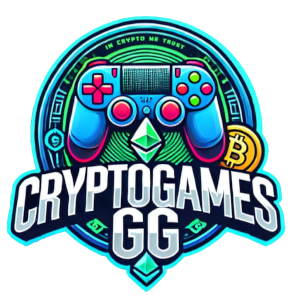In Brief
- AI-Powered Testing: Researchers have developed an AI named Titan, which has successfully automated tasks within online role-playing games, potentially changing how games are tested.
- Efficient Performance: During trials, Titan completed 95% of its tasks and identified four new bugs, demonstrating its ability to outperform human testers in both efficiency and effectiveness.
- Game Industry Impact: The introduction of AI in game testing aligns with broader trends within the game development sector, where AI integration is becoming increasingly crucial for the survival and growth of gaming companies.
A New Frontier in Game Testing
Researchers from Zhejiang University, in collaboration with the NetEase Fuxi AI Lab, have introduced a groundbreaking AI tool named Titan, designed to revolutionize the traditional game testing process. This AI-powered testing agent leverages large language model reasoning to navigate and assess complex online role-playing games, a task that was predominantly human-centric and considerably labor-intensive.
Titan’s Trial and Triumph
In a significant stride toward full automation in game testing, Titan was trialed on two commercial game titles. Notably, it completed 95% of the assigned tasks and subsequently identified four previously undetected bugs. These accomplishments suggest that Titan not only matches but potentially exceeds human capabilities in terms of completing designated tasks and identifying issues within the game environment.
The traditional testing phase in game development is not only time-consuming but also one of the most expensive stages, often requiring millions of dollars and several months. The adoption of AI like Titan in these processes hints at a future where such resources can be redirected or minimized, benefiting the gaming industry at large.
Why It Matters
The deployment of Titan is indicative of a broader trend in which AI is gradually assuming roles traditionally occupied by humans in the gaming industry. Nearly 90% of game developers have integrated AI technologies into their projects, according to a survey conducted by Google Cloud in August. Leaders in the field have expressed a strong sentiment that embracing AI is no longer an option but a necessity. “If you’re not on the AI bandwagon right now, you’re already behind,” stated Kelsey Falter, CEO of indie studio Mother Games.
A New Kind of Game Tester
Unlike human testers who might follow predictable paths, or existing bots that fail across different game versions, Titan introduces a level of flexible reasoning and adaptability. The AI was designed to mimic the work of expert human testers, encapsulating functions such as perceiving game state, selecting meaningful actions, and diagnosing issues through a foundational model and supporting modules. These modules enable Titan to translate complex game states into manageable formats and utilize visual feedback through screenshots to monitor and adjust its actions accordingly.
In its operational framework, Titan utilizes game-relevant data such as player location, current objectives, and player vitals like health and mana, while discarding or filtering out irrelevant data. This focused approach enables more efficient testing processes and paves the way for AI to handle complex, dynamic virtual environments more effectively than traditional human QA teams.












